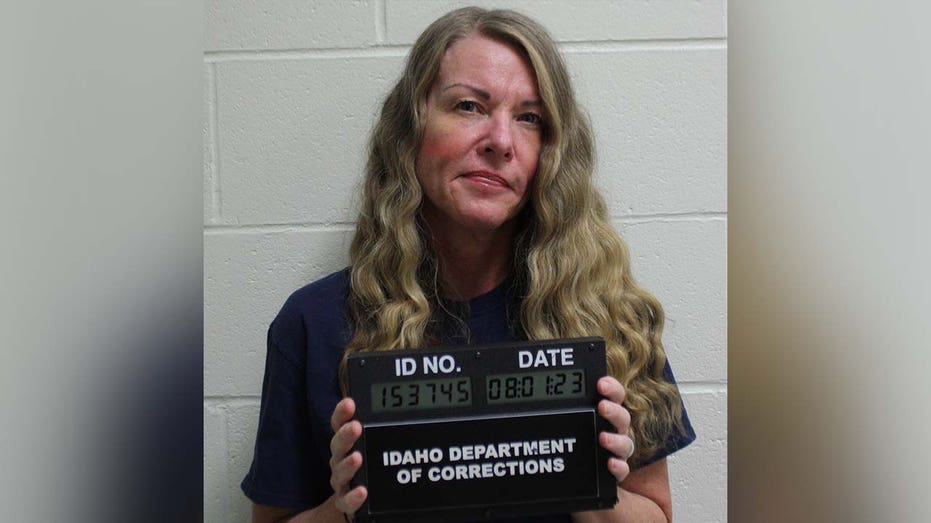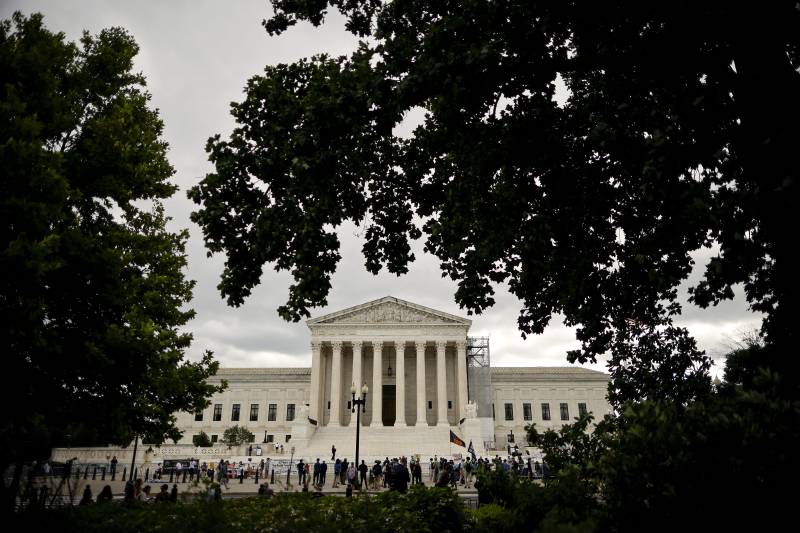Trump administration's new EEOC guidance signals support for religious Americans
The Trump administration has released new guidance from the Equal Employment Opportunity Commission, advising Americans to be on the lookout for workplace discrimination perpetuated under the guise of the DEI agenda.

In recent years, so-called Diversity, Equity and Inclusion or DEI programs have swept through American institutions, especially corporations and universities. Yet one identity marker, religion, largely has been left out of this identity-driven movement — even though about 70 percent of Americans identify as a member of a religion.
In fact, in some settings, DEI programming has given rise itself to allegations of religious discrimination, such as those by one employee at the Department of Agriculture who could not opt out of a mandatory DEI training session even though the content conflicted with his sincerely held religious beliefs. The irony has not been lost on the Trump administration.
In new guidance from the Equal Employment Opportunity Commission, the administration tells Americans to be on the lookout for workplace discrimination perpetuated under the guise of the DEI agenda.
“Diversity, Equity and Inclusion is a broad term that is not defined in Title VII of the Civil Rights Act of 1964 (Title VII),” states one of the two guidance documents released by the administration. “Employers violate Title VII if they take an employment action motivated — in whole or in part — by race, sex, or another protected characteristic…Title VII does not provide any ‘diversity interest’ exception to these rules.”
The other document, a short one-pager, repeats this sentiment.
For religious Americans, this guidance signals a new receptivity within the Equal Employment Opportunity Commission to legitimate claims of religious discrimination.
This problem is not theoretical. Consider the example of two employees at Alaska Airlines. In 2021, as a part of its DEI initiatives, Alaska Airlines declared its support for a proposed bill called the Equality Act that threatened religious liberty rights and would mandate women’s private spaces be opened to males based on claimed gender identity.
The airline created an online forum for employees to ask questions and comment. Flight attendants Lacey Smith and Marli Brown did just that. Smith posted, “As a company, do you think it’s possible to regulate morality?” Brown echoed Smith with a post about her religious concerns about the danger to women’s spaces posed by the Equality Act.
Within no time, Alaska Airlines investigated and fired both women for their comments. They have sued for workplace discrimination, and the case is being appealed now by my firm.
Thanks to the new guidance, workers across the country who find themselves in a similar situation as Brown and Smith — disadvantaged for their religious beliefs under their workplace’s DEI infrastructure — now have a green light to seek justice at the Equal Employment Opportunity Commission. That commission is the first forum for most workplace discrimination claims.
A few sections of the guidance jump out as especially useful for would-be religious claimants. The guidance specifically advises that “Title VII’s protections apply equally to all workers,” not just members of certain classes like racial or ethnic minorities or women.
Moreover, the guidance offers practical wisdom on what shape DEI-based discrimination might take in a typical workplace.
In the past several years, many major corporations have created employee “affinity” groups, which bring together members of identity classes to network, collaborate and discuss the intersection of their shared identity with their work. For instance, Microsoft has nine “Employee Resource Groups,” including ones for Black, gay and transgender, disabled, military and female Microsoft workers.
The administration’s guidance underscores that employers “should ensure that ‘employees of all backgrounds…have equal access to workplace networks.’” And it emphasizes the “unlawful limiting, segregating, and classifying workers related to DEI” can amount to workplace discrimination. Put another way, the guidance makes clear that it is unlawful to exclude religious Americans from certain networking opportunities.
This guidance is a breath of fresh air to religious freedom advocates who have long sought greater protections for religious people in the workplace.
And it follows on the heels of several efforts from the administration to protect First Amendment liberties, including an executive order prohibiting the use of federal resources to abridge free speech, an executive order banning the use of taxpayer dollars to fund abortion, and the creation of The White House Faith Office. These steps should hearten all religious Americans who wish to live out their identities in fullness, both at work and at home.
Stephanie Taub is Senior Counsel for First Liberty Institute, a nonprofit law firm dedicated to defending religious freedom for all. First Liberty represents Lacey Smith and Marli Brown.
















_Weyo_alamy.png?width=1280&auto=webp&quality=80&disable=upscale#)















































